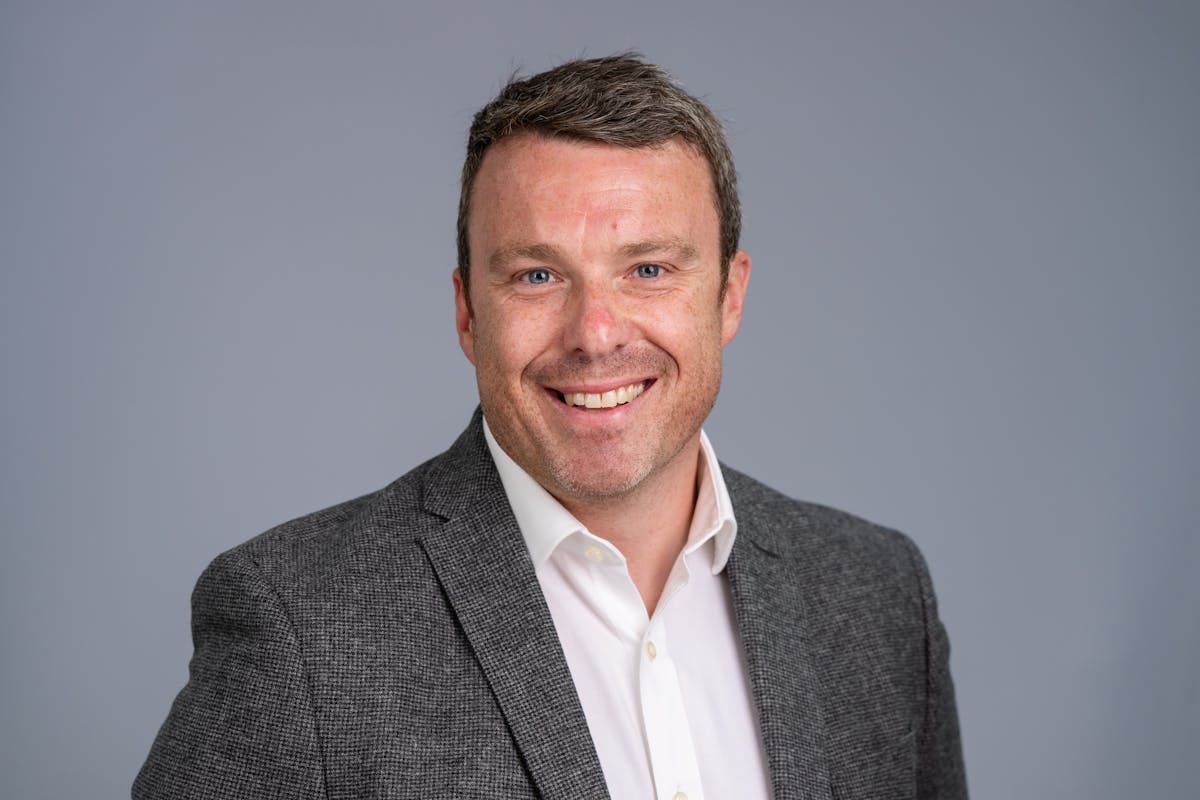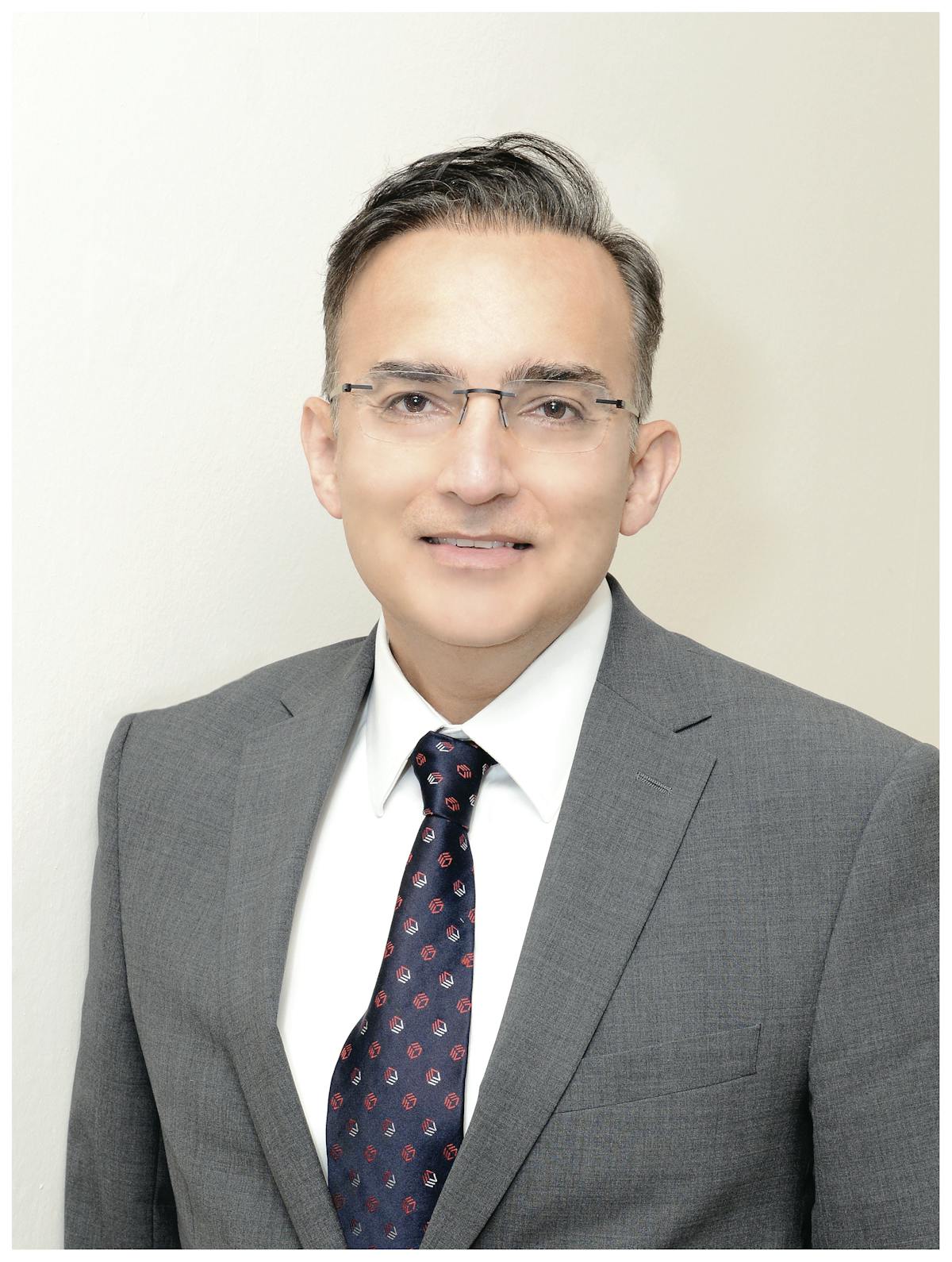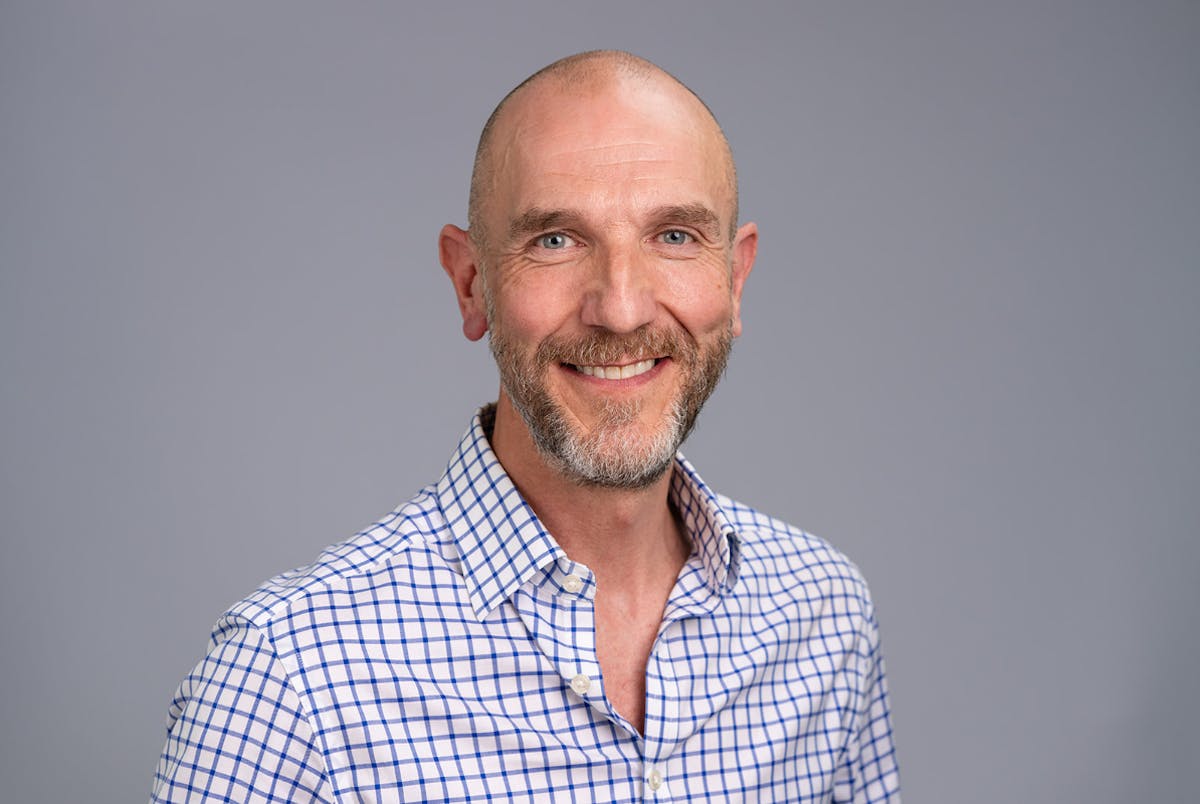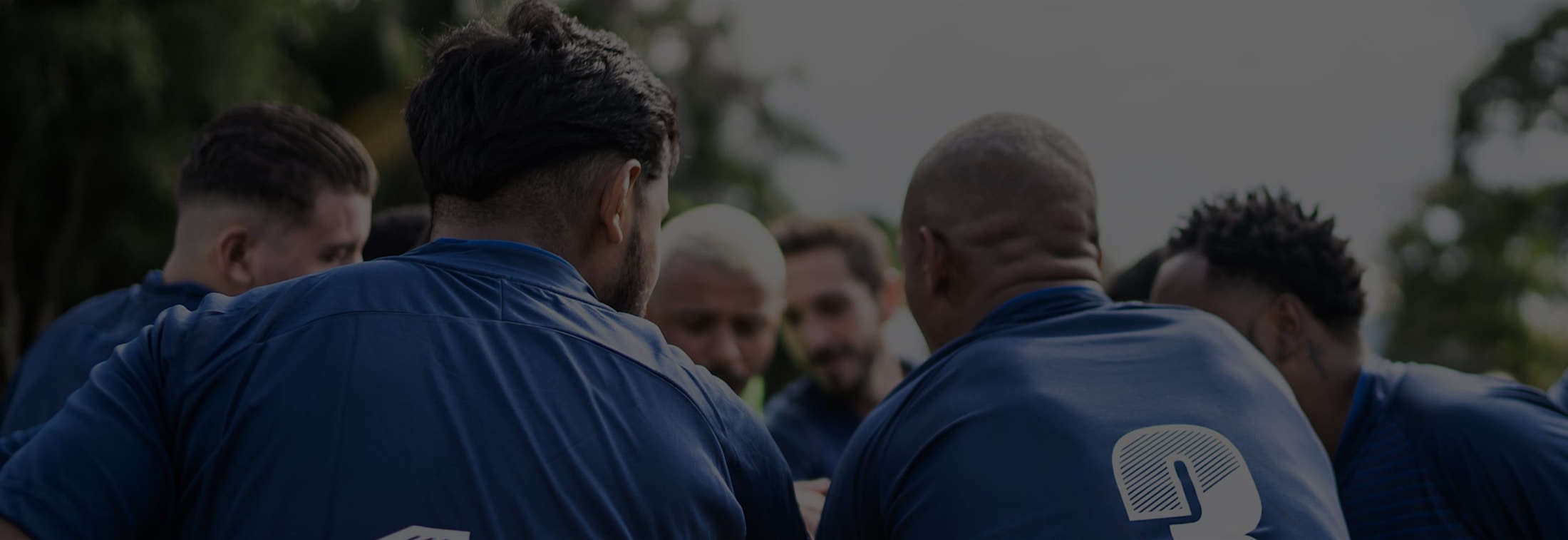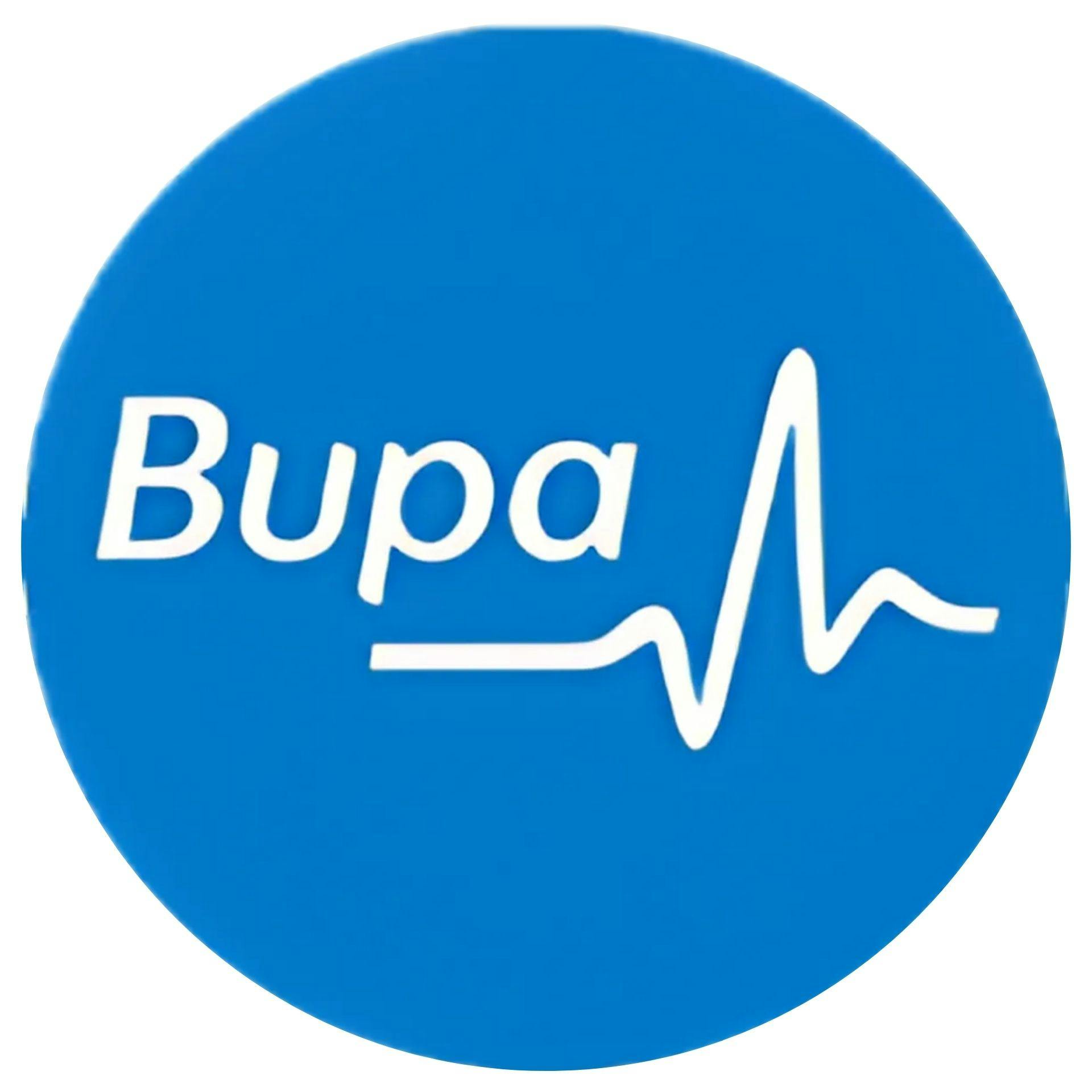Our sports medicine knee surgery in Glasgow is a type of surgery that is performed on athletes and active individuals who have sustained a knee injury during physical activity.
What Is Sports Medicine Knee Surgery?
Sports medicine knee surgery is a surgical procedure performed to treat injuries to the knee joint that occur during sports activities. This type of surgery is typically performed by an orthopedic surgeon who specialises in sports medicine. Knee injuries are common in sports that involve running, jumping, and sudden changes in direction. Some of the most common knee injuries that athletes experience include:
- ACL (anterior cruciate ligament) tears
- Meniscus tears
- Patellar dislocation
- Cartilage damage
- Ligament sprains


